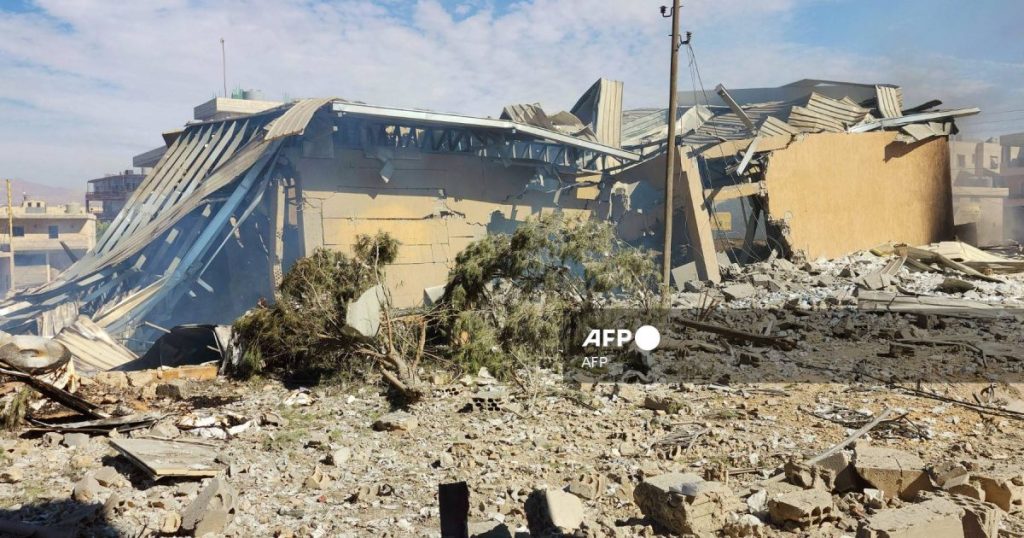On Friday, Israel vehemently criticized a recent United Nations report which accused the country of deliberately targeting healthcare in the Gaza Strip and abusing Palestinian detainees. The UN Independent International Commission of Inquiry concluded that Israel had engaged in a systematic policy aimed at destroying Gaza’s healthcare system. According to the report, these actions constituted war crimes and the crime against humanity of extermination due to Israel’s ongoing attacks on medical personnel and facilities. In response, Israel’s mission in Geneva labeled the findings as “outrageous” and firmly rejected the accusations presented in the report, reflecting the heightened tensions and ongoing conflict in the region.
In its statement, Israel expressed that the UN’s report represented a blatant attempt to undermine the legitimacy of the Israeli state while simultaneously masking the actions of terrorist organizations operating in the region. The Israeli government emphasized that the report mischaracterized its military operations, suggesting that the conflict and its impact on healthcare in Gaza were portrayed as policies against the health system instead of recognizing the alleged misuse of these facilities by groups like Hamas and the Palestinian Islamic Jihad. This point underscores Israel’s perspective that it is engaged in a defensive war rather than an offensive one aimed at civilian infrastructure.
Further, Israel also rejected allegations of widespread and systematic abuse of Palestinian detainees, which were identified by the commission as constituting war crimes and crimes against humanity. The Israeli mission reiterated its commitment to upholding international legal standards regarding the treatment of detainees, emphasizing its policies against excessive force and ill-treatment. This statement signifies Israel’s intent to maintain an image of compliance with international law, even amid severe accusations regarding its military and administrative practices in the context of the ongoing conflict.
The commission that produced the report was established by the UN Human Rights Council in May 2021 to investigate potential violations of international law by Israel and Palestinian groups. This latest report was published in the aftermath of Hamas’s October 7 attack last year, which catalyzed a renewed and intense military response from Israel, leading to significant loss of life on both sides. The backdrop of escalating hostilities, characterized by significant civilian casualties, has further complicated the already contentious discourse surrounding the humanitarian impact of the conflict.
Since the outbreak of hostilities on October 7, Israel has conducted extensive military operations in the Gaza Strip. According to figures cited from Israeli sources, the attack resulted in the deaths of more than 1,200 people, primarily civilians. Conversely, reports from the Hamas-run Gaza health ministry account for the deaths of over 42,000 individuals in the region in response to Israel’s military campaign, illustrating the severe toll of the conflict on both combatants and non-combatants alike. The disparate figures underscore the complexities surrounding casualty reporting amid the chaos of war, and they contribute to the polarized narratives surrounding the conflict.
Israel’s response to the UN’s probing findings speaks to a larger narrative of international relations concerning the ongoing Israeli-Palestinian conflict. Israel urged the global community to reject what it perceives as a biased approach from the UN Human Rights Council, asserting that such reports only undermine the legitimacy of the council and the UN’s broader mission. This ongoing exchange reflects the deep, entrenched divisions not only between Israelis and Palestinians but also in how the international community perceives and responds to the conflict, highlighting the challenges ahead in achieving a resolution to one of the longest-standing disputes in contemporary history.


